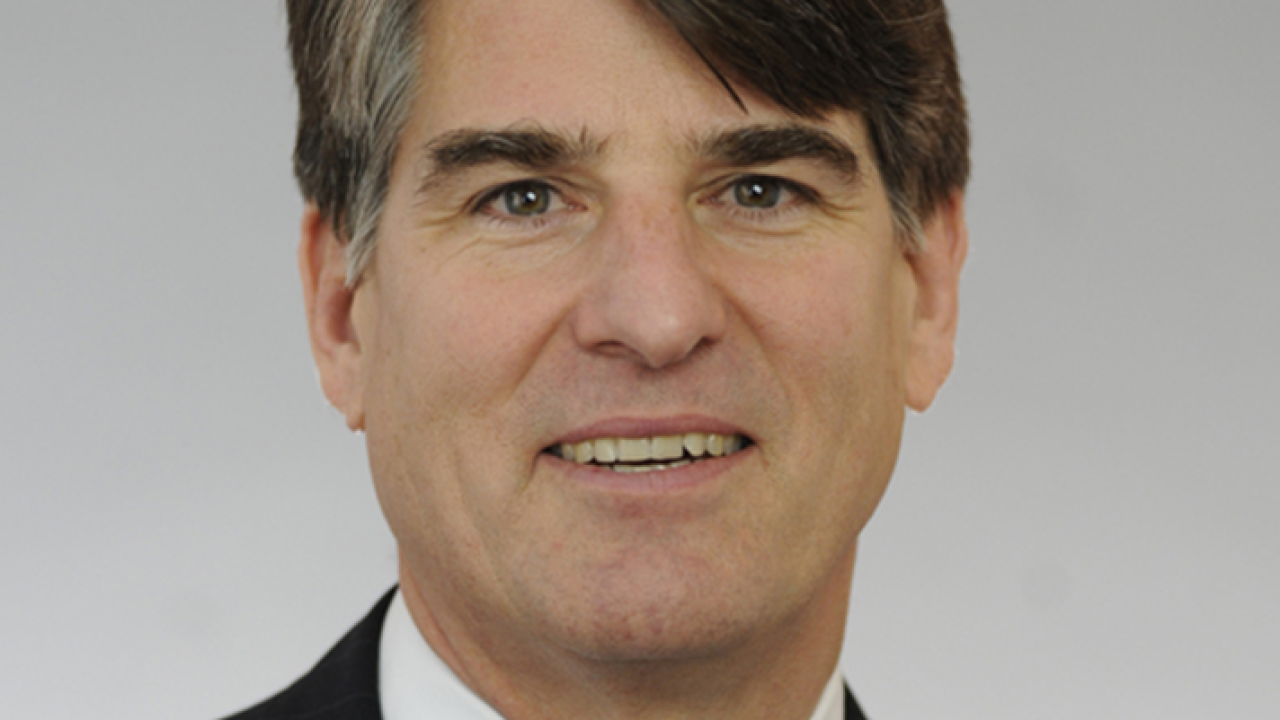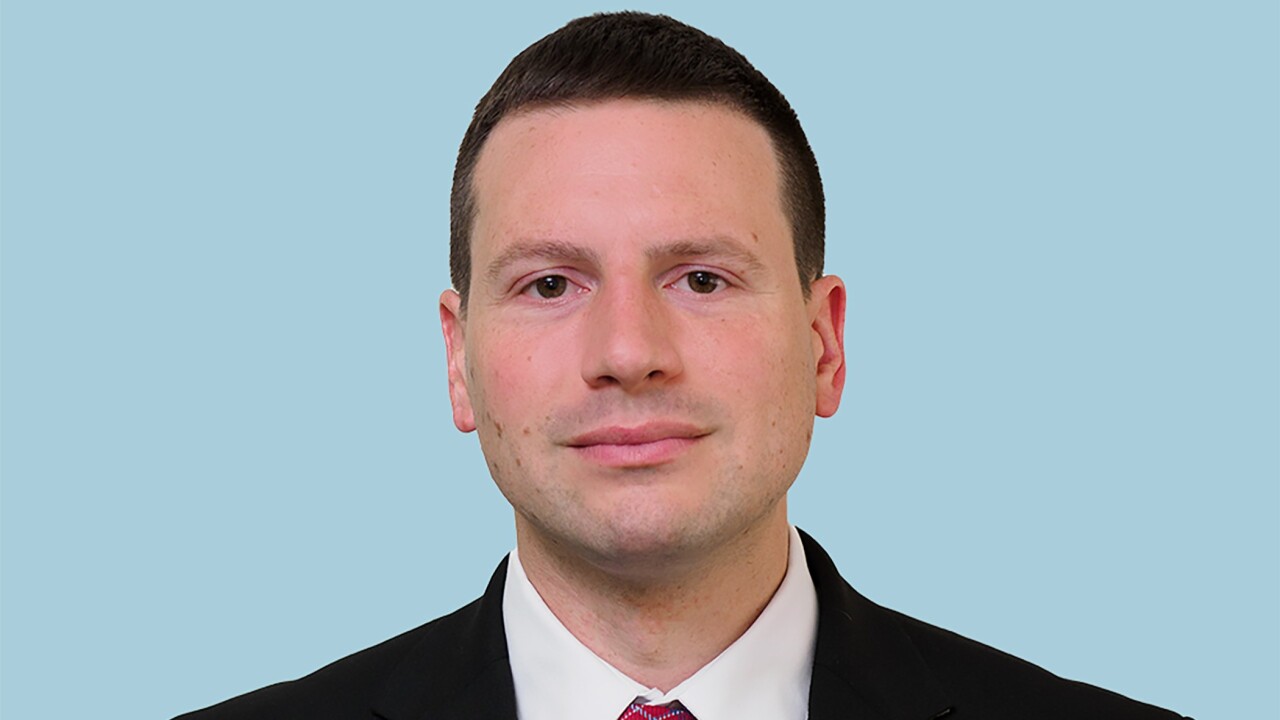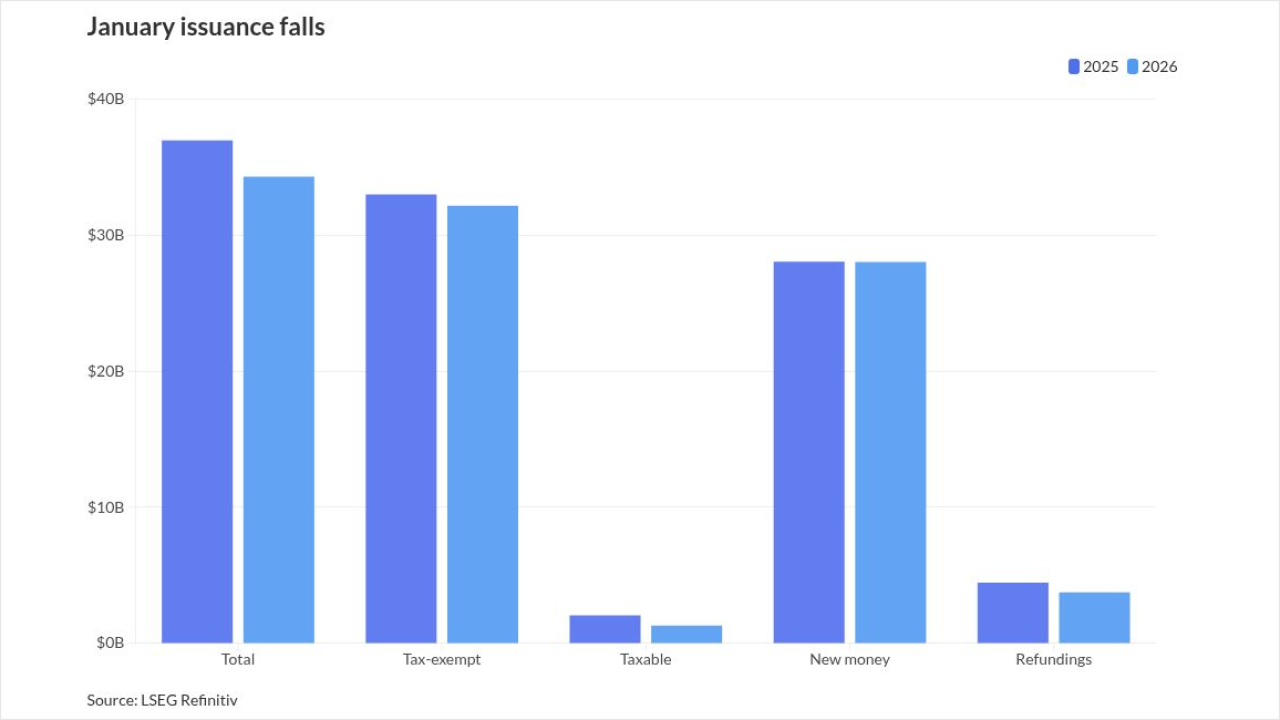
CHICAGO – A massive hike in Illinois' gasoline tax and vehicle registration fees could generate the $2.7 billion in new annual revenue needed to tackle $43 billion in transportation infrastructure needs, in a funding scheme pitched by a prominent Chicago area think tank.
About half of the new annual revenue would go to fund projects on a pay-as-you-go basis over the next decade with the remainder leveraging $25 billion in borrowing to meet what the non-partisan, not-for-profit Metropolitan Planning Council pegged as a $43 billion transportation infrastructure deficit. Continued collections after the first decade would go to retire the bonds.
"Everyone knows that Illinois is a fiscal wreck, not everyone knows that Illinois is rapidly becoming physical wreck and that's why we are here," James Reilly, who was tapped by the council to serve as a senior fellow and lead its push for a funding fix, said during a presentation to the City Club of Chicago Monday.
"We desperately need to invest $43 billion in additional transportation resources over the next 10 years," said Reilly, who most recently led the Metropolitan Pier and Exposition Authority and served for six years as the Illinois Regional Transportation Authority board. "Illinois faces a physical crisis in transportation every bit as tragic as our fiscal crisis. We can't wait, we need to act and act now."
The $43 billion figure represents the price tag to bring the state's transportation system into a system of good repair and fund new projects. It would complement existing state and federal funding.
About $10 billion would go to state road projects, $10 billion for local roads, $12 billion for the Chicago region's transit system, $1 billion for downstate transit, $1 billion for rail projects, and $9 billion for new and large-scale projects. The council is promoting the use of performance-based criteria to prioritize new projects.
Reilly said the group wants to kick-start a civic conversation about what local transportation leaders have dubbed the state's third major deficit, in addition to its budget gap and unfunded pension liabilities.
Establishing a new statewide public works program and a new dedicated funding source for transportation has bipartisan support but has taken a backseat to the state's political gridlock that has driven a now ten-month-old budget impasse.
The state's $31 billion partially bond-financed capital program launched in 2009 provided an infusion of funding for roads, bridges, and transit, but it's winding down and the RTA has little additional borrowing capacity.
The council is targeting two funding sources that offer a fix. A 30-cent-per-gallon increase in the state's current 19-cent gasoline tax, which hasn't been raised since 1991, and a 50% increase in vehicle registration fees would raise sufficient cash for pay-go funding and borrowing, the report says.
After the increases, future rates would be linked to the consumer price index to keep pace with inflation.
"MPC recommends the state constitution be amended to create a transportation trust fund to protect this revenue," the report says. To soften the blow for lower- and middle income-earners, the state's earned income tax credit should be doubled to 20% of the federal level, it says.
In the long term, the MPC takes the position that funding should shift toward a user-based model not tied to fuel purchases, a position backed by transportation specialists nationally as vehicles become more efficient and travel levels fluctuate based on various factors such as the economy and gas prices.
"We must begin exploring a vehicle miles traveled fee today so that we can have full implementation by 2025," the group recommends.
The council has offered a larger menu of local and state funding options that include broadening the state's sales tax to cover services, establishing transit facility financing corridors similar to tax-increment financing districts, and enabling a congestion pricing system in the region.
To help in the task of winning over political leaders and the public to support such hefty tax and fee increases, MPC sought to highlight the dwindling condition of the state's transportation infrastructure and toll it takes on the state's economy.
Since the last gas tax hike in 1991, state revenue earmarked for transportation has fallen to 8% from 13% of the budget. State roads had met the industry benchmark of at least 90% being in a state of good repair in 2010. That's down to less than 80% now and on track to fall to 60% in five years. Only two-thirds of the RTA system – which includes Chicago city buses and rapid transit trains, suburban commuter rail, and the suburban bus service – is in a state of good repair.
Absent new funding, the state's transportation infrastructure is on pace to fall to a 50% level by 2030, Reilly warned.
The increases would cost the average taxpayer $147 annually, but provide a big payoff due to the impact on quality of life issues stemming from traffic and vehicle damage, business travel, and the state's economy and job prospects. Studies have put the 10-year cost of those issues at $110 billion.
"This is what we need to do if we are going to make progress," Reilly said.
Reilly said civic and business support is needed to gain political traction. In response to audience questions over the chances of winning support, Reilly said the timing could work as part of broader budget solution.
He noted that in past years capital budgets have accompanied tax increases as a means of providing political cover for lawmakers.
"If and when there is a break in the logjam [over the state budget] I'm pretty sure it will include a capital bill," he said, stressing that the goal is to ensure that it's an adequate one that reflects the size of the region's needs.
Several pieces of the plan are included in legislation recently introduced by state Sen. Heather Steans, D-Chicago, in Senate Bill 3279. Steans also introduced legislation – Senate Bill 3277 – that would broaden the ability of local governments and agencies to enter into public-private partnerships. After a review by an office of public-private partnerships that would be part of the governor's administration, local entities could enter into a P3 to improve transportation assets, public buildings, public services, or other public assets.





